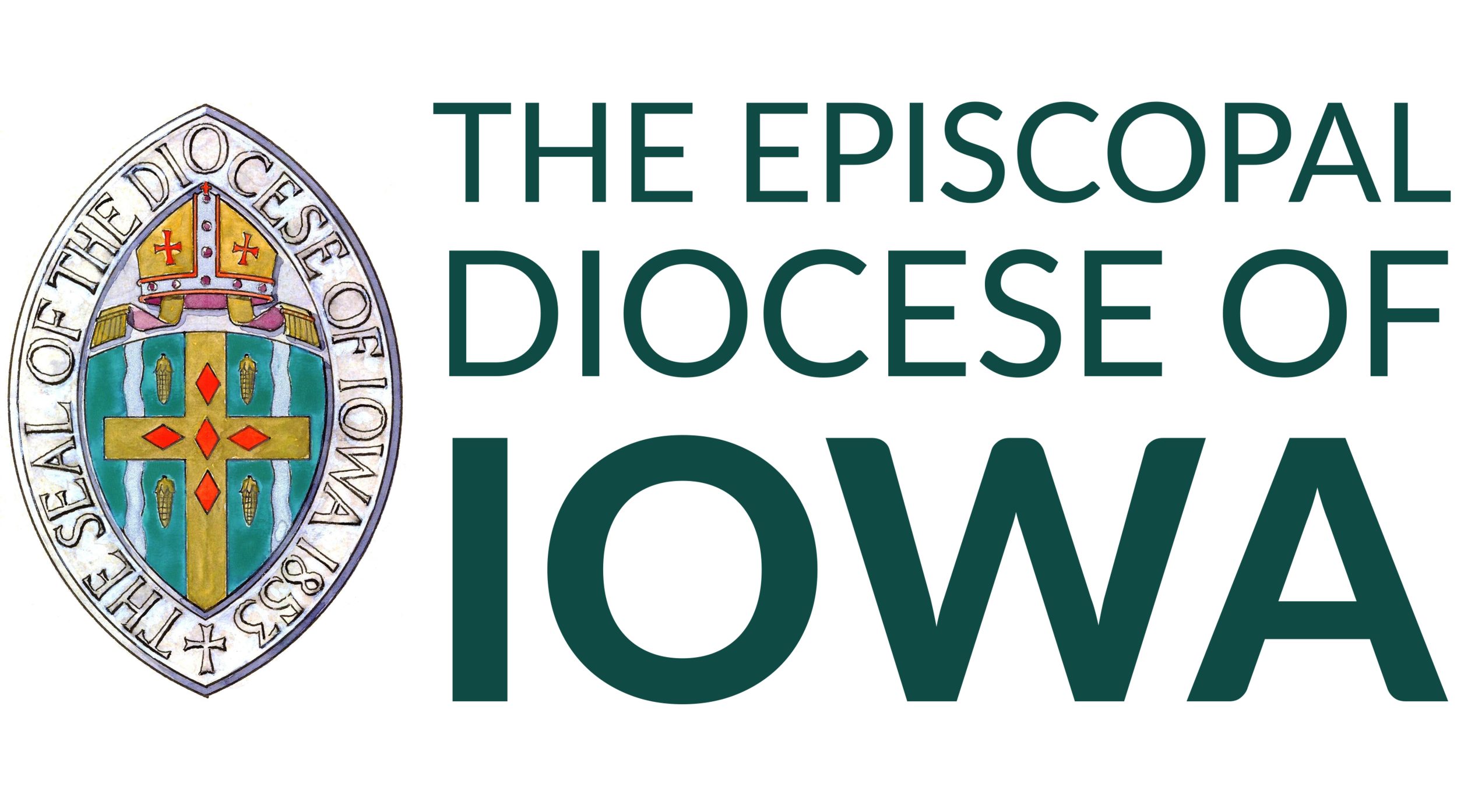Policy on the use of
ALCOHOL AT CHURCH FUNCTIONS
Guidelines produced by the Diocese of Iowa’s
Chemical Dependency Committee
1995
The Episcopal Church acknowledges and affirms the biblical position that alcohol is a gift from God to gladden hearts and to use as a suitable element in Christian fellowship and worship. The church also recognizes the damage and destruction caused by the misuse of alcohol and other drugs. If an adult member elects to use alcohol, responsible usage is expected.
Improperly used, alcohol can be dangerous. It is, therefore, imperative that the members of the Church use prudence regarding the use and serving of alcoholic beverages. Although the social use of alcohol is permitted for those adults who can use it safely and choose to use it responsibly, the Church has a further responsibility to those people who, for any reason, choose to abstain from the use of alcoholic beverages. Adult members also have an urgent obligation to model responsible decision-making to youth and children.
Therefore, the following guidelines are given for the service and use of alcoholic beverages at Church functions or on Church property within the Diocese of Iowa:
All applicable federal, state and local laws are to be obeyed, including those governing the service of alcoholic beverages to minors.
Whenever alcohol is served, non-alcoholic alternatives must be offered, with equal attractiveness and accessibility.
Alcoholic beverages and food containing alcohol should be clearly labeled as such.
The service of alcoholic beverages at church events should not be publicized as an attraction of the event.
The group or organization sponsoring the activity or event at which alcoholic beverages are served must have permission from the parish for this plan. Such groups or organizations must also assume responsibility for those persons who might become intoxicated and must provide alternative transportation for anyone whose capacity to drive may thus be impaired.
Recognizing the effect of alcohol as a potentially mood-altering, addictive drug, it is advisable to consider the nature of the function at which the service of alcoholic beverages is being considered.
Chemical usage other than alcohol is clearly controlled under federal, state and local laws which also govern the church’s activities.
